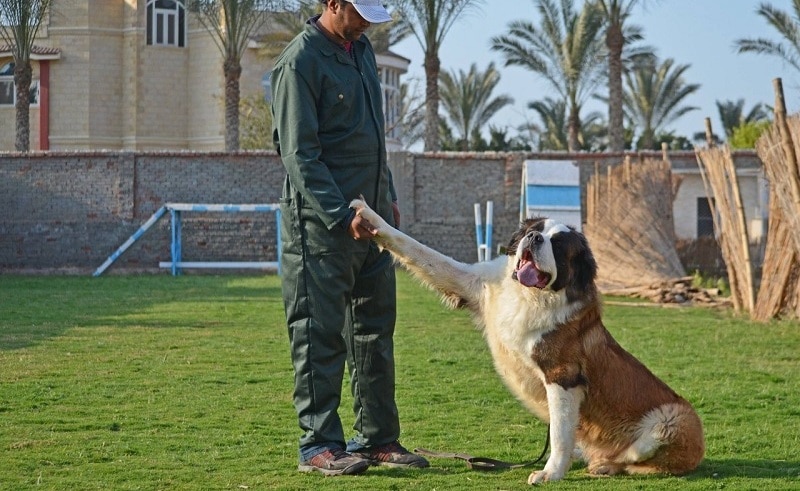Hiring professional dog trainers can make a significant difference for your canine companion; For novice dog owners, they can be helpful from fundamental obedience sessions to intensive training for sporting activities. Despite having dogs for a long time, you may still need dog training expertise to help correct and hone existing skills. Notably, when dogs are trained in groups, it can help teach your pup how to socialize. However, how can dog owners establish whether they have the right expertise for the job or not?
Considering that the dog training business is an uncontrolled industry, individuals can create advertisements and offer services regardless of qualifications, background, or skill. It is critical to thoroughly vet prospective instructors before entrusting them with your pet and investing in the training. It isn’t just about the most convenient training facility. Instead, you should extensively research and establish if great Phoenix dog obedience training programs or other institutions match your training needs. Here are some parameters that you can use to determine that possibility;
1. Consider Your Ethics And Moral Philosophy
For instance, individuals are averse to choking collars, while others are not; thus, the need to know if your trainer uses choke chains during their sessions or not. You should inform them of your preferences on using chokers on your dog, and if uncomfortable, you may find another trainer who doesn’t use chokers. Learning beforehand can also help you avoid any negative experiences with your dog in the long run. Aim at exploring all the available possibilities by ensuring that your chosen trainer is complicit and respects your ideals. After all, you end up spending more time with your dog, and requesting for the best is your right.
2. Get Reviews From Customers
Once you’ve settled on a reputable dog trainer, it would be worthwhile reading client reviews to check their social network pages for any red flags. Undoubtedly, you will get lots of feedback from their customers. Most dog trainers use social media profiles, including Facebook, Instagram, or Snapchat, to post relevant information and images of their customers’ pets. Other dog trainers run blogs and journals showcasing great tips on how to stay up to speed with their operations. Should you notice any indications from testimonials or reviews that trainers are using shock or prong collars, pinning canines to the ground, referring to supremacy or other dominating rolls, alongside different unpleasant approaches, don’t engage them.
3. Plans And Costs
Dog trainers frequently market their lessons as bundles. It’s typically a series of six sessions beginning on particular dates. During your initial session, expect to pay your trainer some fees that cover consultation. The trainer then helps you establish the nature of your dog’s behavior and build a strategy for addressing it. They’ll guide you to explain the issue and their recommendations following the meeting.
The subsequent meetings that involve the following strategies are usually affordable. Most trainers will provide you with a package encompassing the first session and a series of subsequent sessions. It’s often less expensive than reserving per appointment. Also, some dog trainers post their prices on their websites, while others don’t. It would be best to contact them and inquire about their fees.
Choosing the correct dog trainer insinuates that they’ve taken the effort to learn, have the expertise, joined professional associations, and remain consistent. Since you will be paying for their professional knowledge and expertise in training, their pricing should go hand in hand with their service delivery. However, some individuals may demand exorbitant fees without qualifications, being an independent industry, thus the need to compare package prices from several trainers.
4. Examine Your Trainer’s Credentials
The authorities don’t strictly regulate the dog training industry. Therefore, most trainers aren’t qualified, yet some are good with dogs. Contrarily, not all trainers with licenses are always experts; But having a certification or awards can assure that the assigned trainers have met specific minimal standards, including experience in working with dogs and coaching them. Accreditation also holds trainers responsible for certain fundamental norms and rules that they already know.
5. Ensure Your Trainer Involves You During Training
Some trainers will ask you to join them in training from time to time; this may help identify the source of your dog’s spooky behaviors. It may be essential to separate you from your dog to learn new behaviors. While it may be time-consuming, cooperating with dog owners can help you uncover areas that a trainer will improve and may make you, the dog owner, learn how to handle your dog differently.

